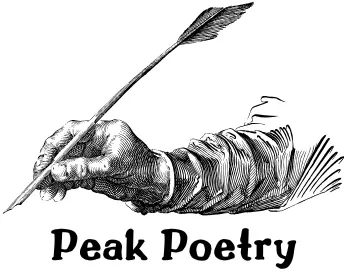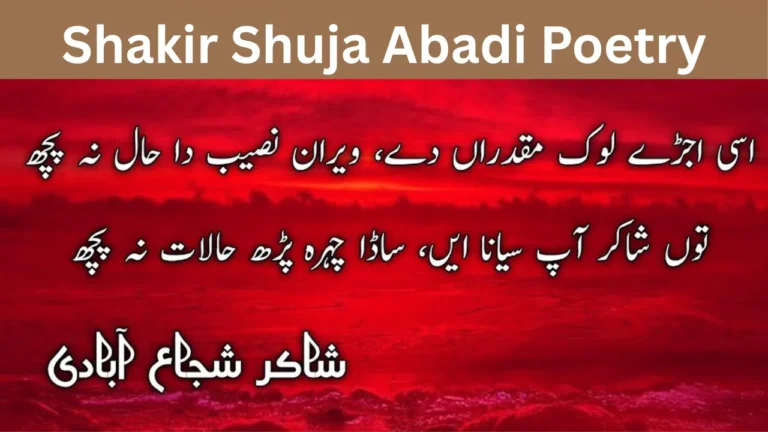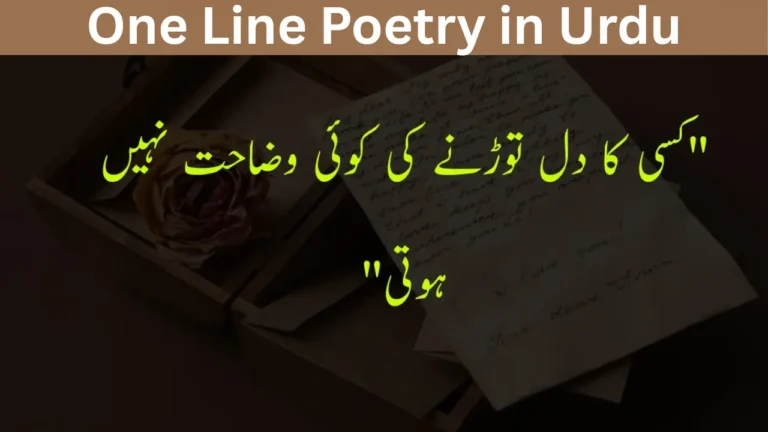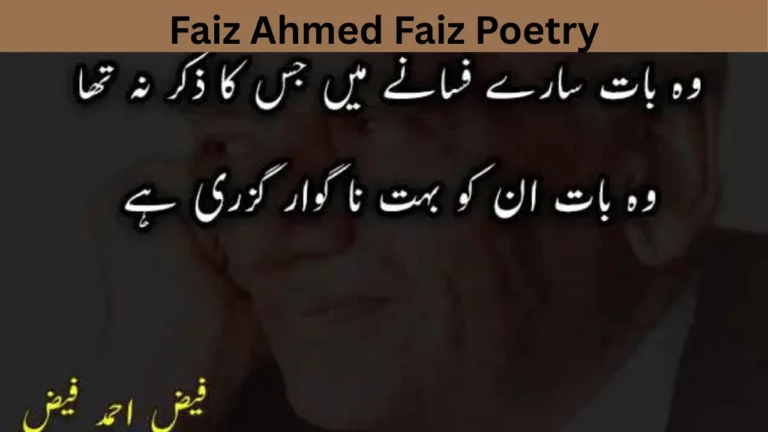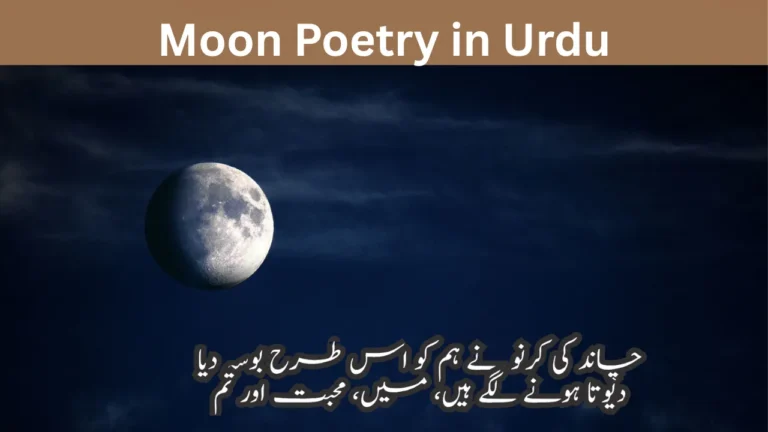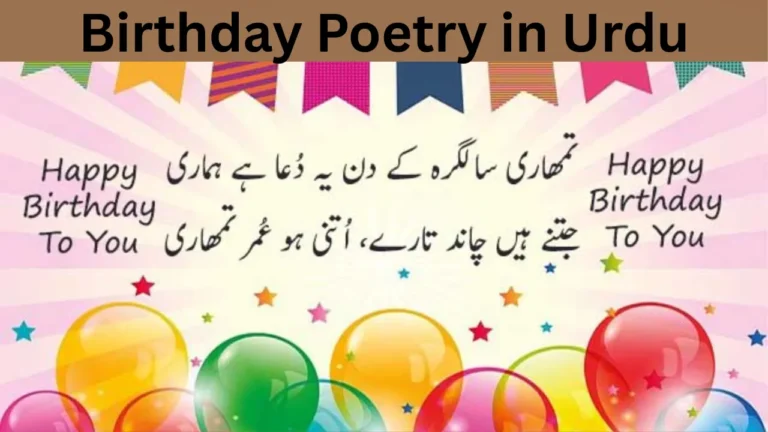Jumma Mubarak Poetry: A Spiritual Expression of Friday Blessings
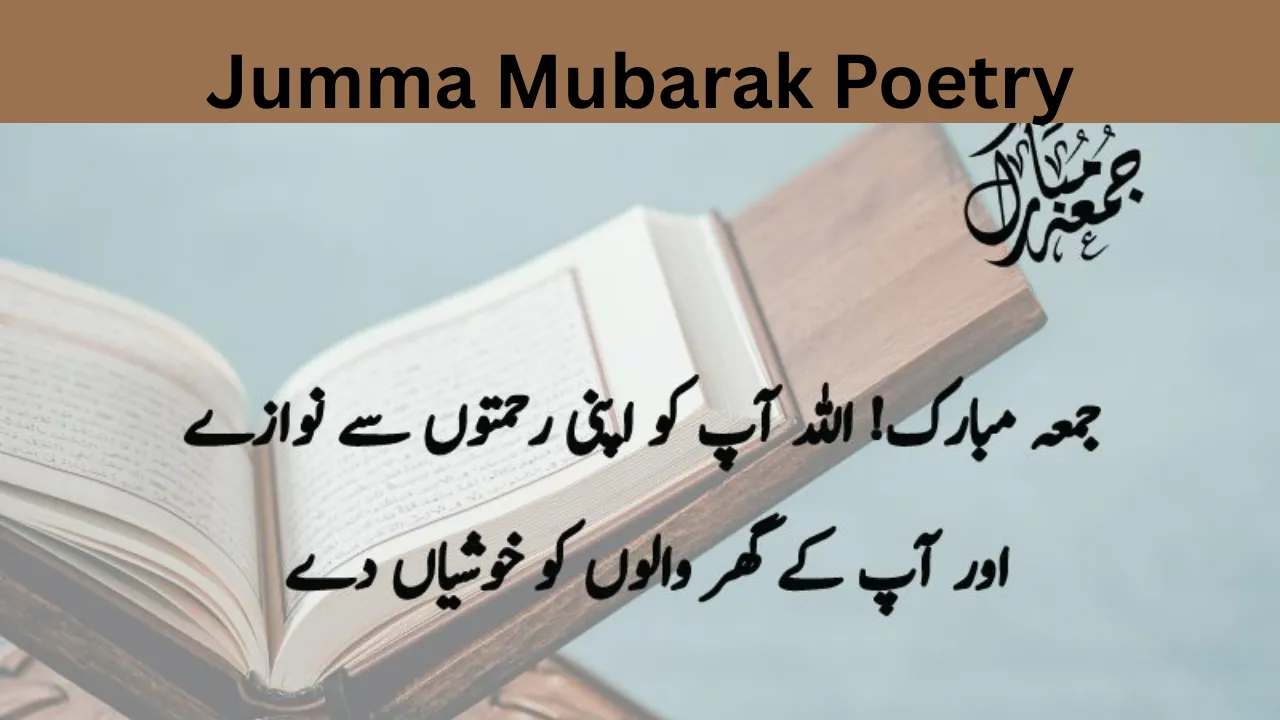
Fridays are not just another day of the week for Muslims—they are holy and filled with mercy. Known as the best day under the sun, Friday holds a special place in every believer’s heart. One of the most meaningful ways people celebrate this day is through jumma mubarak poetry, which has become a soulful tradition across cultures.
Whether it’s a simple greeting or a heartfelt verse, poetry adds charm to Jumma. These short poems serve as reminders to pray, seek forgiveness, and reflect. More than that, they are shared out of love, respect, and spiritual emotion.
Just like we share Bestie Poetry in Urdu: A Beautiful Bond in Words to celebrate human relationships, we use Jumma poetry to honor our relationship with the Divine. This type of poetry is not only creative but also deeply rooted in faith and hope.
The Beauty of Jumma in Islamic Tradition
Jumma is a day of unity. The entire Muslim Ummah gathers in mosques to offer Friday prayers. It is a day when angels descend, sins are forgiven, and duas are accepted. Sharing jumma mubarak poetry is a simple way to spread this joy.
The Qur’an encourages us to leave worldly matters and focus on prayer when the call for Jumma is heard. This makes it a sacred opportunity to revive our connection with Allah. A short poem can become a powerful reminder for someone who might forget its importance.
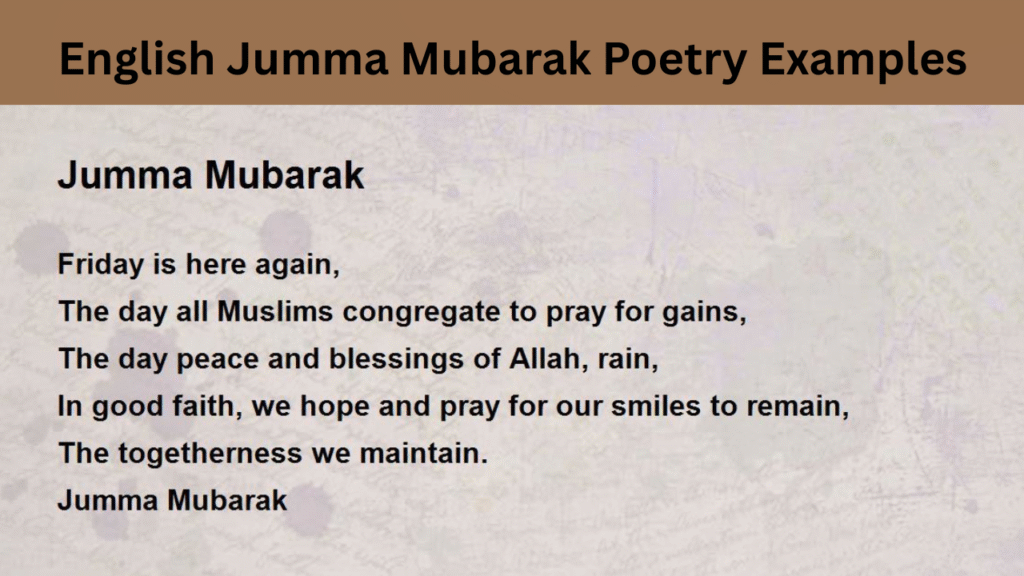
English Jumma Mubarak Poetry Examples
Here are some poetic gems that people commonly share in English:
Friday comes with peace and grace,
Allah’s love is every place.
Lift your hands and make a prayer,
On Jumma, Allah’s blessings are near.
The sky is blue, the heart is clean,
Friday brings a sacred scene.
Send salawat upon the best,
On this day, our souls find rest.
Forgiveness rains from skies so high,
Jumma brings our spirits nigh.
These short, emotional lines are easy to understand and share. They’re full of meaning and positivity. They reflect our faith and love for the Creator in a way that touches hearts.
Why Jumma Mubarak Poetry Matters
In today’s fast-paced world, many people forget spiritual moments. Jumma mubarak poetry helps remind them softly. Unlike lectures or books, poetry gets straight to the soul. A couplet can express what a whole page cannot.
Poetry is also more likely to be read. A beautiful rhyme catches the eye, and a powerful message touches the heart. That’s why people across generations share such poems—it’s a spiritual whisper in a noisy world.
Young Muslims especially like to use Instagram, WhatsApp, and TikTok to share poetic messages on Friday mornings. This helps keep the culture of blessings alive in a modern way.
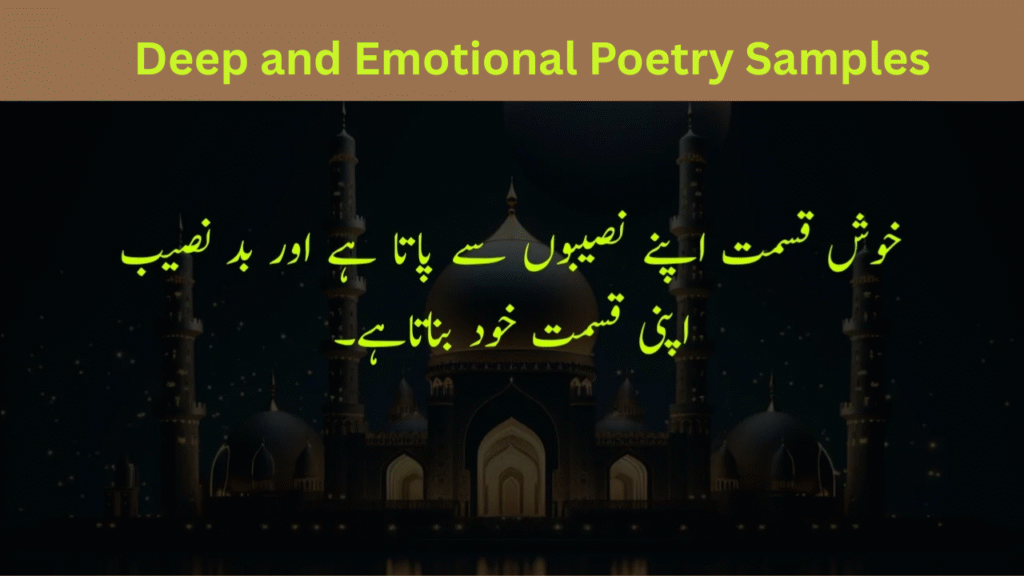
Deep and Emotional Poetry Samples
Let’s take a moment to feel the emotion behind some more expressive poems:
I stand in prayer, I seek His light,
Jumma gives my soul its might.
This heart was heavy, this path unclear,
Then Jumma came and drew me near.
The Prophet’s name upon my lips,
My sins erased like sunken ships.
O Friday, blessed holy day,
Through you I walk the righteous way.
These poems aren’t just creative writing. They’re forms of worship. Many scholars say even one line of sincere poetry can be better than many empty words.
Nature and Jumma in Poetry
Like how we admire blooms in Flower Poetry in Urdu: A Timeless Expression of Emotions, we can connect nature’s peace with Jumma’s serenity.
The breeze is calm, the sun shines clear,
Jumma’s voice is all I hear.
Even the trees, they bow in praise,
It’s Jumma, a holy blaze.
Jumma is not just a moment on a calendar. It is nature, faith, and time coming together in beautiful harmony.
Jumma as a Day of Peace and Reflection
Friday isn’t just another day. It is a weekly Eid for Muslims. It’s a day when prayers are answered, and sins are forgiven. When a believer reflects on this, poetry becomes the perfect way to express such powerful emotions.
I lift my hands and close my eyes,
Jumma’s blessings fall from skies.
This soul was tired, full of fear,
But Jumma came and drew me near.
These kinds of verses are gentle reminders to slow down and reconnect with Allah.
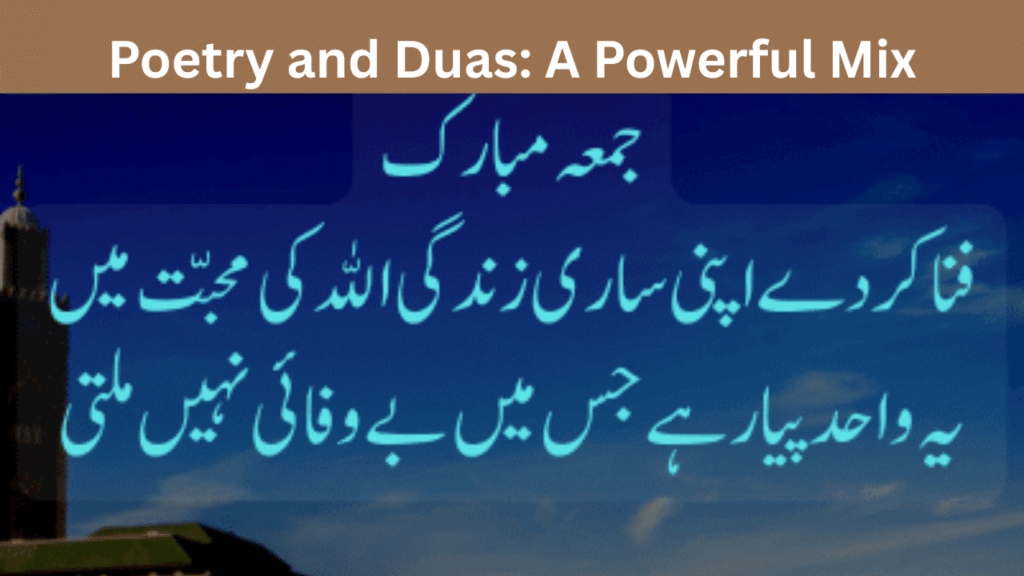
Poetry and Duas: A Powerful Mix
When poetry and duas come together, the effect is beautiful. Some poets include actual supplications in their verses, turning each line into a spiritual call.
Ya Allah, grant us peace and light,
On Jumma, make our paths all right.
O Lord of Mercy, hear this prayer,
On this day, remove despair.
ایک دعا، ایک آنسو، ایک یقین،
رب سے بات ہو جائے، کیا حسین۔
Such poetic prayers are often read before or after Friday prayer, making the experience more emotional and complete.
How Jumma Mubarak Poetry Unites the Ummah
One of the most powerful aspects of jumma mubarak poetry is its ability to unite Muslims from different cultures, countries, and backgrounds. While the languages may differ—Urdu, English, Arabic, Swahili—the heart behind the words remains the same. Everyone is seeking mercy, peace, and divine light on this day.
This poetry fosters a sense of global unity. When you read or hear someone else’s poetic wish from another part of the world, it reminds you that we all belong to one Ummah. We may live far apart, but we gather spiritually every Friday.
Hearts connected, hands raised high,
Jumma’s blessings never pass us by.
From East to West, the voices rise,
In poems and prayers under sacred skies.
These shared expressions bring hope and serve as a spiritual bridge.
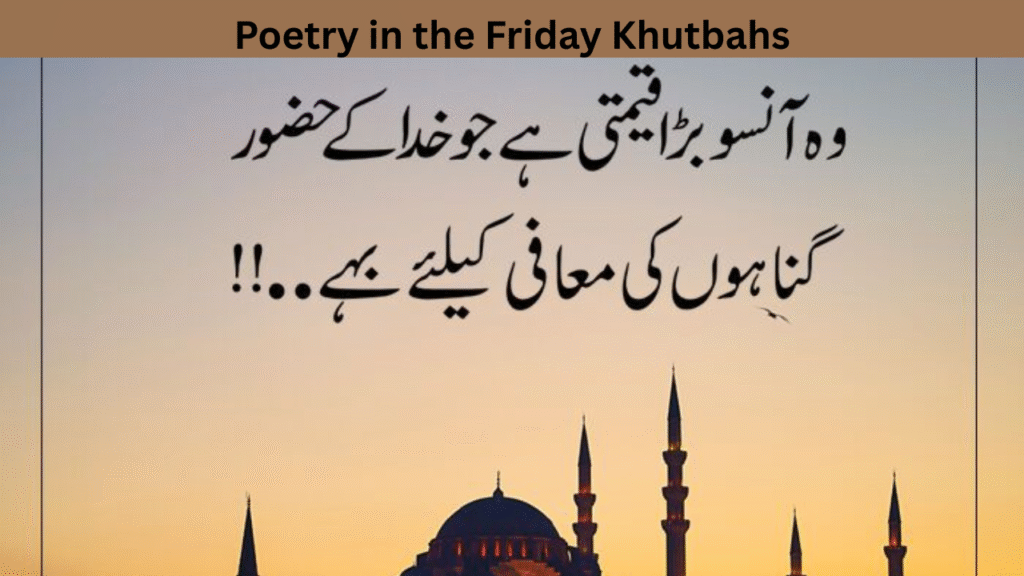
Poetry in the Friday Khutbahs
In many Islamic countries, imams and speakers have begun incorporating jumma mubarak poetry into their Friday sermons. These poetic verses help listeners remember the message long after the khutbah ends.
A well-placed couplet can summarize the entire lesson. It makes the message easier to remember and share. This method has proven especially effective among younger audiences who connect with rhythm and rhyme more deeply.
This practice reflects the wisdom in Islamic tradition—combining sound knowledge with artistic beauty for a complete spiritual experience.
Building a Friday Ritual with Poetry
Many families and communities around the world have begun to form beautiful Jumma traditions. These include preparing for prayer early, reading Surah Al-Kahf together, sharing meals, and of course—reciting or sending jumma mubarak poetry. This poetic habit has slowly turned into a weekly ritual that connects generations through faith.
Parents teach their children a new line of poetry each Friday. Friends challenge each other to write one couplet weekly. These small acts create a long-term habit of spiritual expression. It’s not just about words; it’s about creating memories of connection with Allah.
When your heart is filled with gratitude and you express it through a line of poetry, you are not just writing—you are worshipping. And what better day to do that than Jumma?
My pen moves slow, but my heart is fast,
Jumma’s grace will always last.
Conclusion
In a busy world full of distractions, jumma mubarak poetry stands as a calm voice. It helps believers refocus, reflect, and rejoice. With just a few lines, it connects hearts to the divine and spreads joy across the Muslim community.
From mosques to mobile phones, from voices to verses, this poetry continues to brighten every Friday. It carries messages of love, worship, and hope—reminding us that each Jumma is a gift.
As the sun rises every Friday, let your heart rise too—with a verse, a prayer, and a whisper of peace.
Jumma Mubarak!
